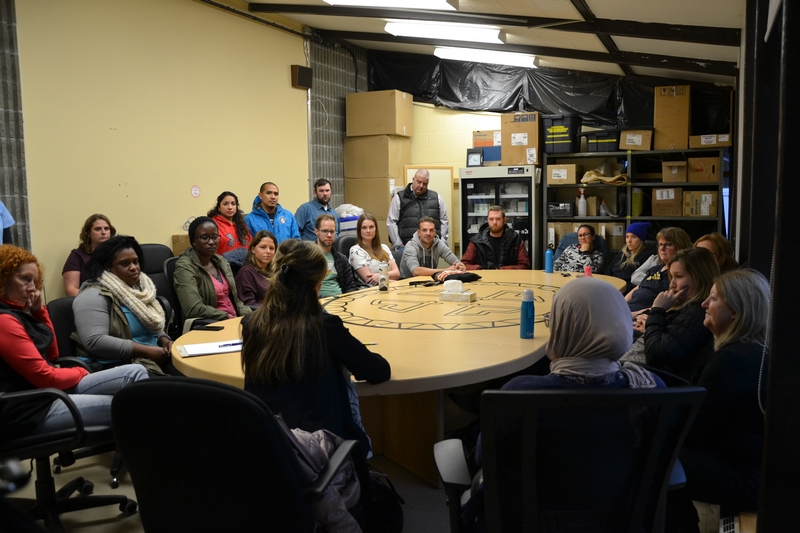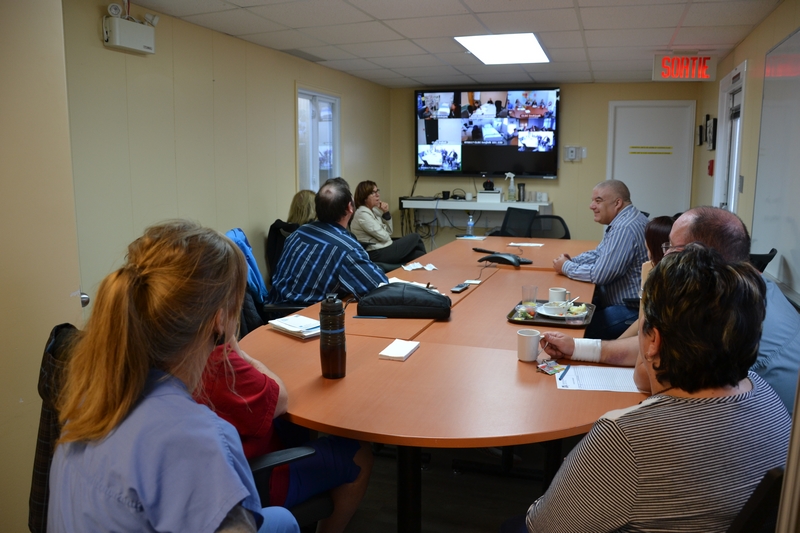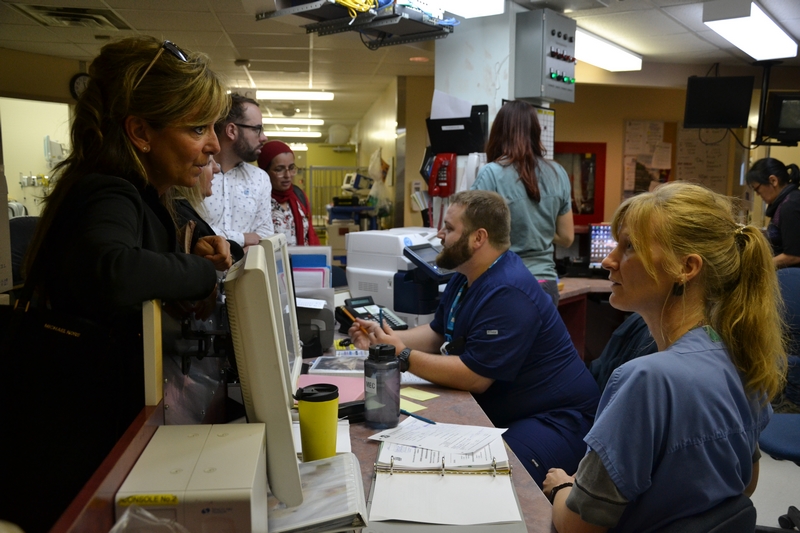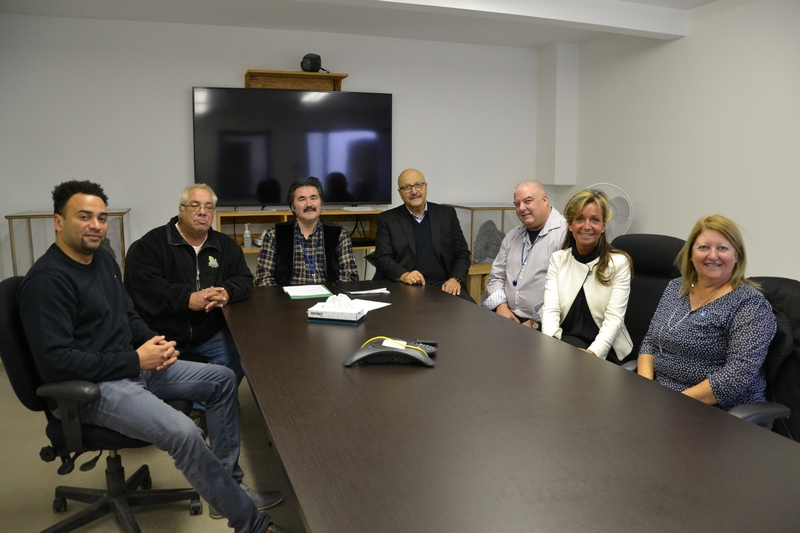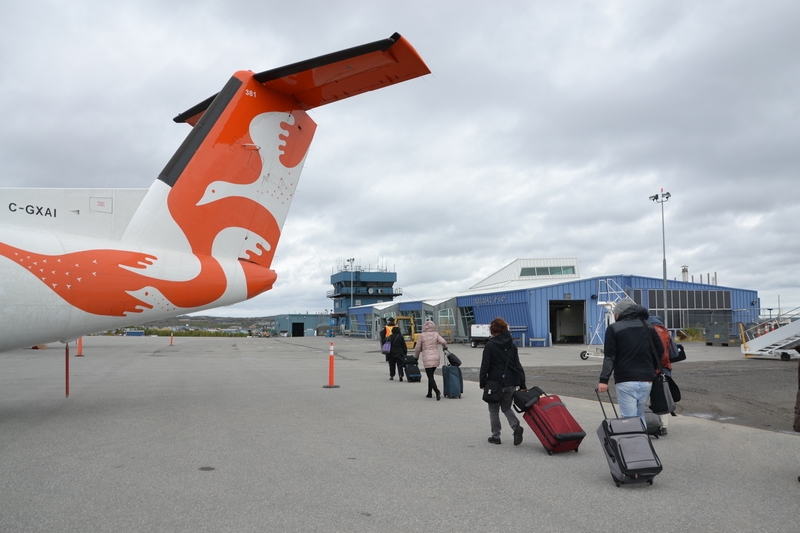“Some moments of the tour were painful. Now I understand what it means to do everything with nothing and some things seemed unacceptable to me. We have dedicated healthcare professionals but the government washes its hands of them. I am extremely concerned about our healthcare professionals’ lack of safety. The violence they face is beyond troubling. We still have so much work to do. In meetings with the communities and their directors, I also got the impression that sometimes they were surprised that a female union president was coming to meet them.”
Union Life
Number of active jobs
337
155
149
Projects underway
- There’s a housing shortage, especially in Ungava Bay and Hudson Bay, where healthcare professionals sometimes have to share lodgings.
- Salaries, despite premiums, do not fully compensate for the higher cost of living up North.
- Outings are very important as they allow healthcare professionals to stay in contact with their families.
- Safety is an issue because there are frequent cases of violence and intoxication.
The president's tour
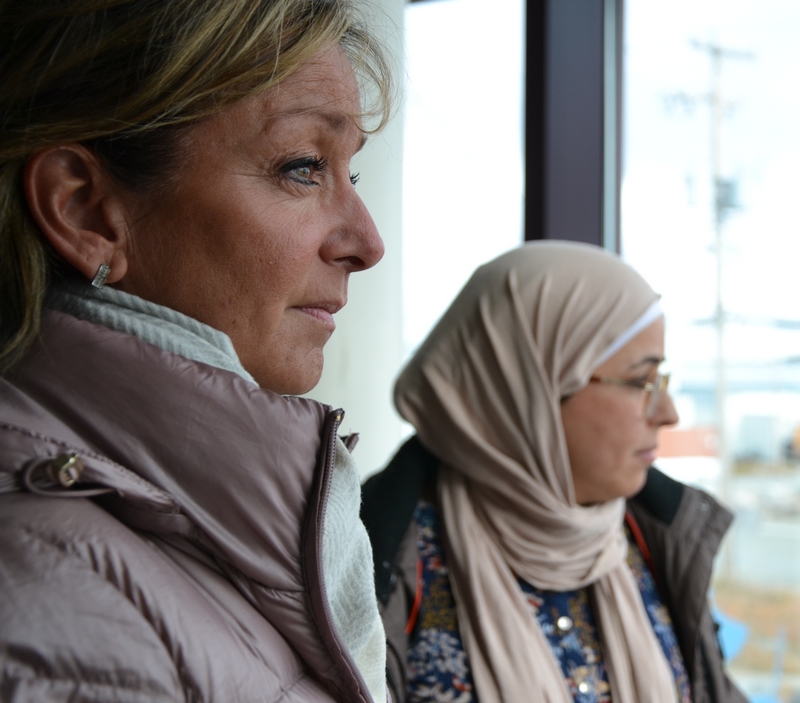
- Nancy Bédard, FIQ President
“What struck me were the vast distances. In James Bay, some communities are accessible by land but further North, you can only get places by plane. If the weather isn’t on your side, you just can’t take off. Because these small communities are so isolated, healthcare professionals make decisions that would otherwise be made by other people. “
- Denyse Joseph, FIQ Vice-President and Political Officer for the Far North
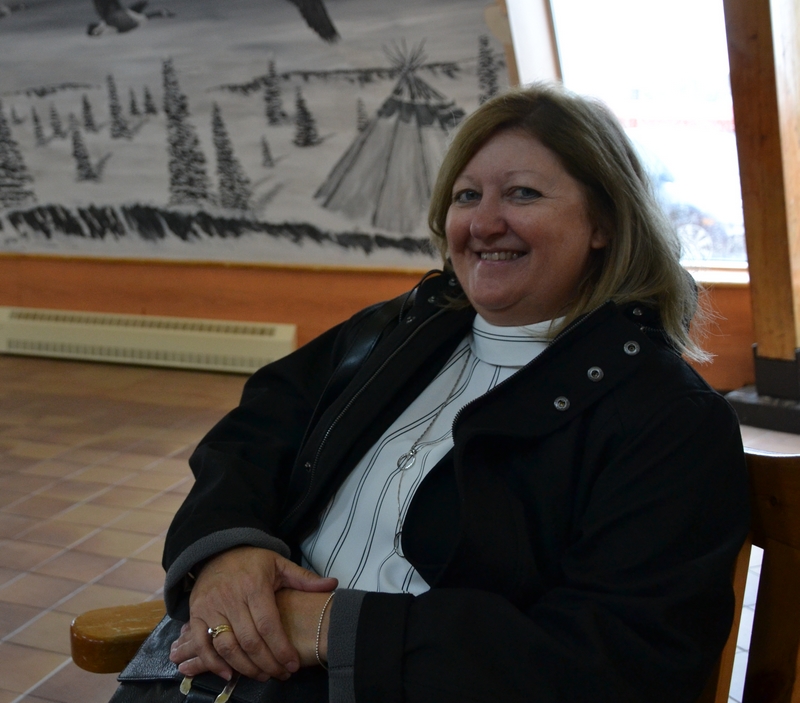
A glimpse of union life…
The link with the FIQ
“There are a few hundred of us but there’s a pack of 76,000 members backing us. Every day, when I talk with our members or the employer, the FIQ represents an insurance policy. Our union life is unique and we have to adapt the foundations of unionism to Indigenous peoples’ lives in isolated northern regions where everything costs more and isn’t readily accessible, where there’s a housing shortage, where your only mode of transportation is a plane (and where the price of a ticket would get you two or three trips to Asia).”
- Benoit Dicaire, SPSBU President
“Members found hope in the president’s tour—hope that they could try to change things. It helped them understand more: we feel that the FIQ is listening, that there’s an openness. We strengthened the union connection between the three Bays and were able to better understand our differences. We have better bargaining power because we are united. We support and help each other, we ask each other questions.”
- Cyril Gabreau, SNIIBH President
“The president’s tour was very positive, and it improved our union’s visibility with the employer. It also allowed our members to put a face to the FIQ. Together with colleagues from the other Bays, we have a strong bond which has strengthened our sense of belonging to a unique region in Quebec. We are getting more involved at the provincial level and our fellow union reps hear about the North more often.”
- Nagia Idel Mehdaoui, President of the SNIIBJ (at the time of the tour)
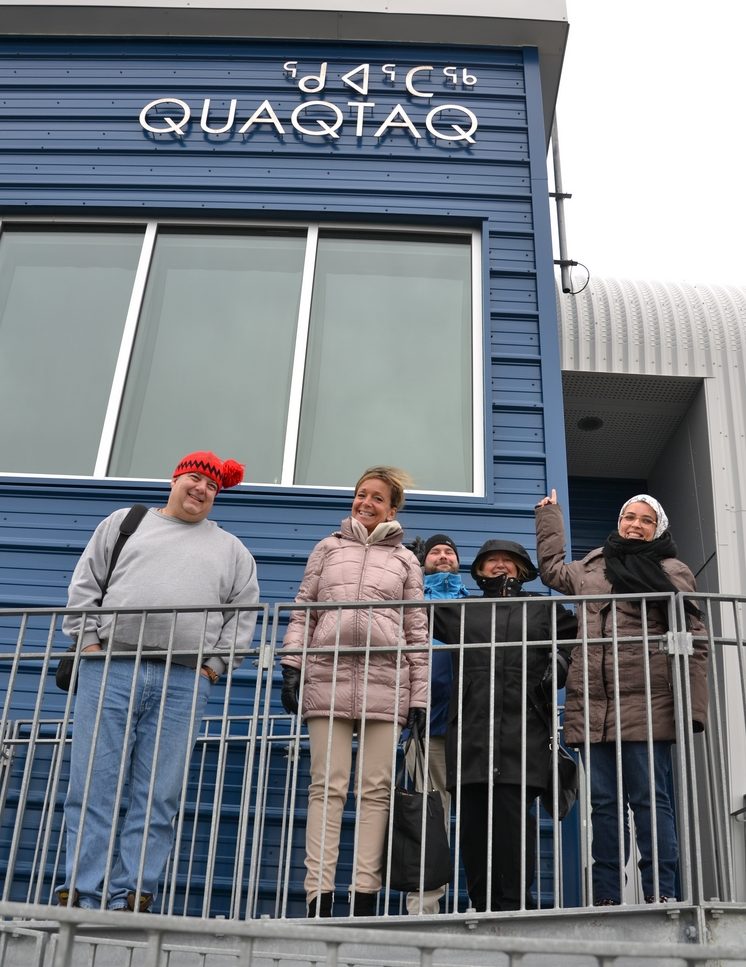
Article 17
Leave without pay to work in a northern institution
Employees may obtain a leave without pay for one year to work in an institution in the Far North upon agreement with their employer. The leave may be extended up to 4 years.
Article 29
Regional Disparities
Employees who work in an institution in the Far North get an annual isolation and remote premium. Travel and moving expenses are also reimbursed, as well as certain food transportation expenses in certain very isolated regions. Trips out are also reimbursed for employees and their dependents so they can return south a few times a year or for specific events, such as the death of a family member.
Article 29.25
The extended role for employees working in an outpost or northern clinic
An outpost or northern clinic is a point of service where the employee, in addition to her duties as a nurse, assesses patients so that a physician can give a diagnosis over the phone and determine the appropriate interventions. She is also called upon to perform medical acts and interventions that are generally reserved for physicians in other work settings.

